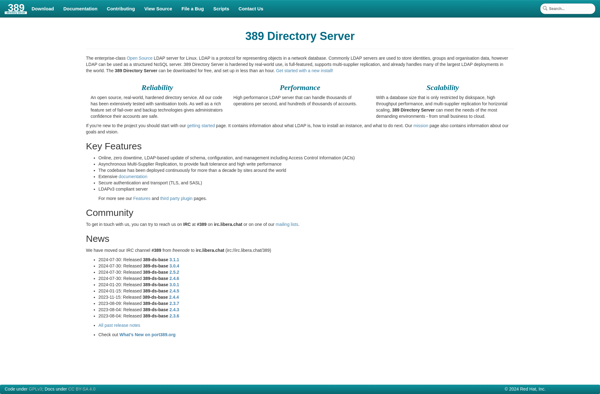Microsoft Active Directory
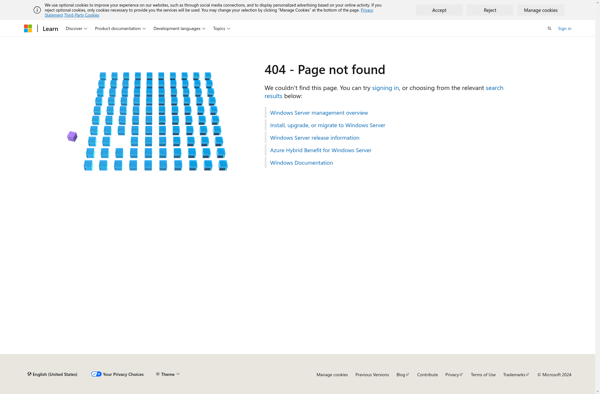
Microsoft Active Directory: Centralized Identity Management
Microsoft Active Directory is a directory service that enables managing identities, access, and security in a corporate network. It centrally stores information about users, devices, and other resources for finding, accessing, and managing them.
What is Microsoft Active Directory?
Microsoft Active Directory is a directory service developed by Microsoft for Windows domain networks. It is used to enable the following capabilities in an organization:
- Centralized management of user accounts and devices
- Assignment of access rights and permissions to users and devices
- Enforcement of security policies
- Domain-based naming and discovery of resources
- Single sign-on using domain credentials
Active Directory stores information about user accounts, computers, printers, services, and other objects on a network. This central directory is then used to authenticate users and computers as they log in and request access to various resources.
Some key capabilities provided by Active Directory include:
- Storing information about accounts, groups, access permissions, devices, services etc.
- Allowing administrators to manage this information from a central location
- Enabling users to easily find resources and access them using single sign-on
- Securing resources by assigning permissions and applying password policies
- Ensuring compliance through group policies and auditing
Active Directory is a critical component of the IT infrastructure of any large organization. It ties together identity management, resource access control and security under one framework. All major enterprise applications integrate with Active Directory for centralized authentication and authorization.
Microsoft Active Directory Features
Features
- Centralized network administration
- Fine-grained access control
- Group Policy management
- Kerberos-based authentication
- LDAP integration
- Single sign-on
- Hierarchical data storage
Pricing
- Subscription-Based
Pros
Cons
Reviews & Ratings
Login to ReviewNo reviews yet
Be the first to share your experience with Microsoft Active Directory!
Login to ReviewThe Best Microsoft Active Directory Alternatives
Top Network & Admin and Directory Services and other similar apps like Microsoft Active Directory
Here are some alternatives to Microsoft Active Directory:
Suggest an alternative ❐Samba
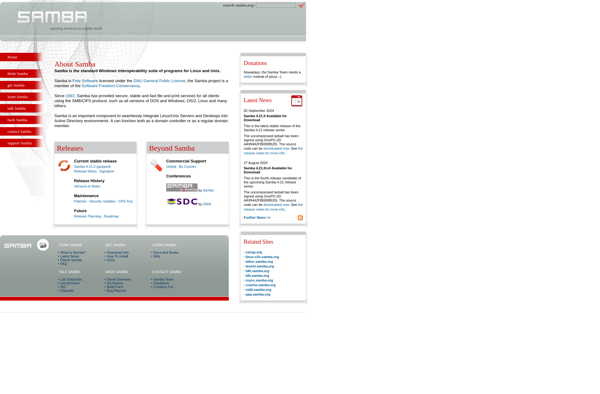
FreeIPA
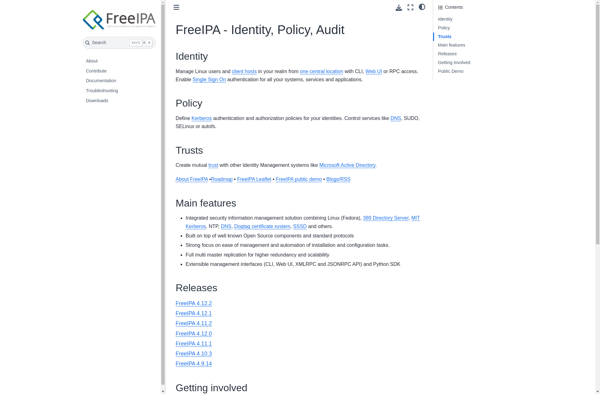
Zentyal
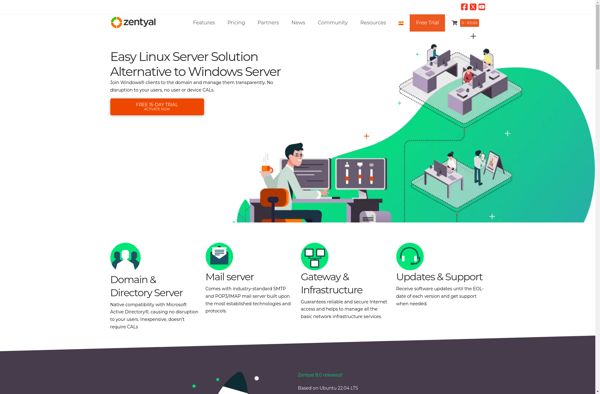
OpenLDAP
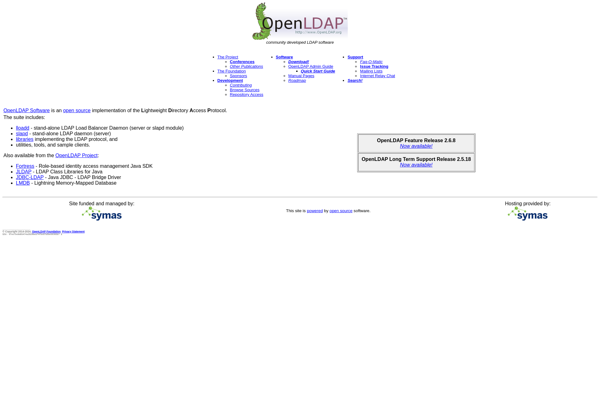
Univention Corporate Server
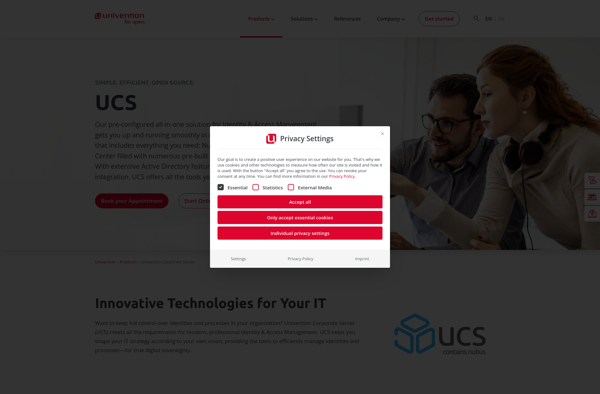
Microsoft Entra ID
JumpCloud
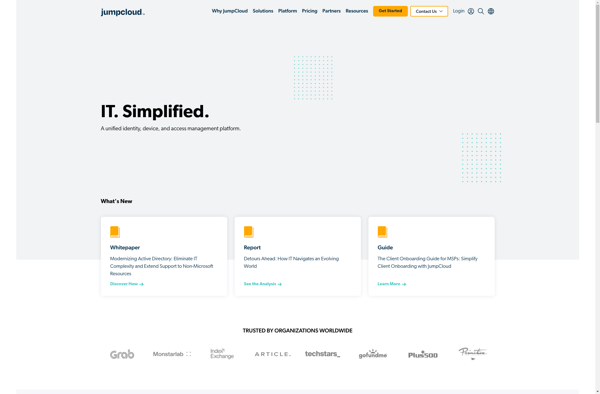
RazDC
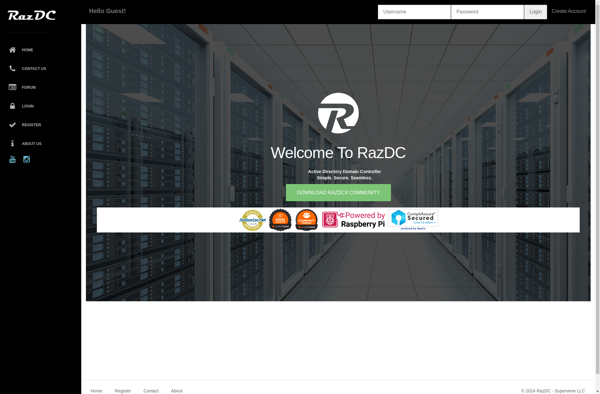
GLAuth
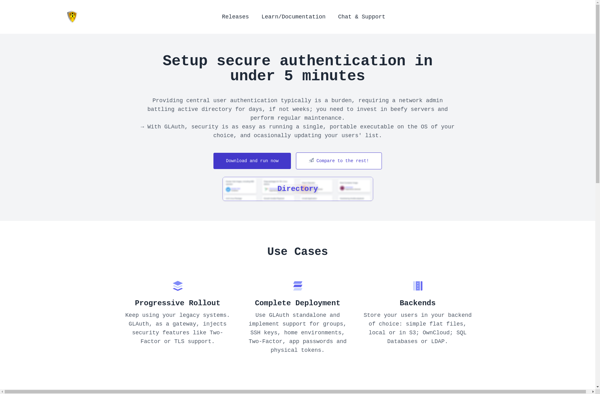
Linuxmuster.net

SambaBox

UniFi Identity (UID)
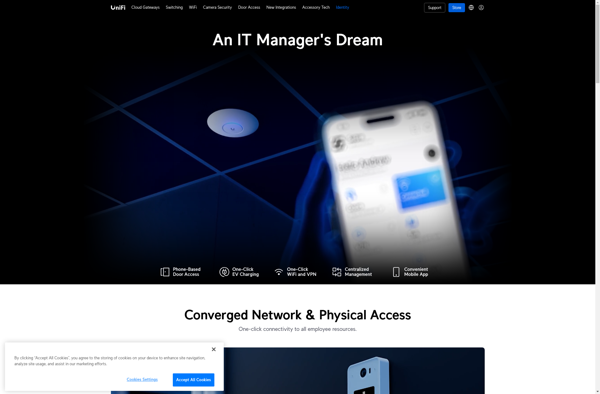
ApacheDS
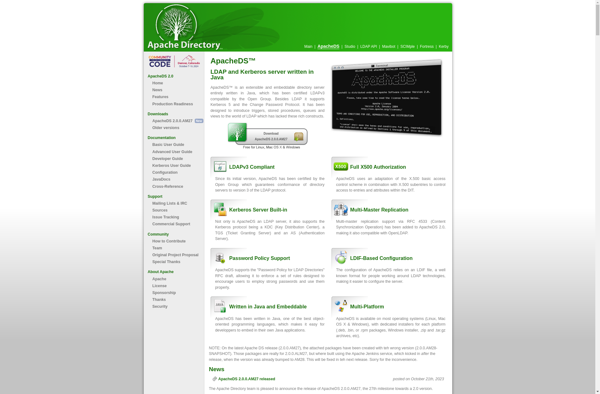
OpenDJ

389 Directory Server
